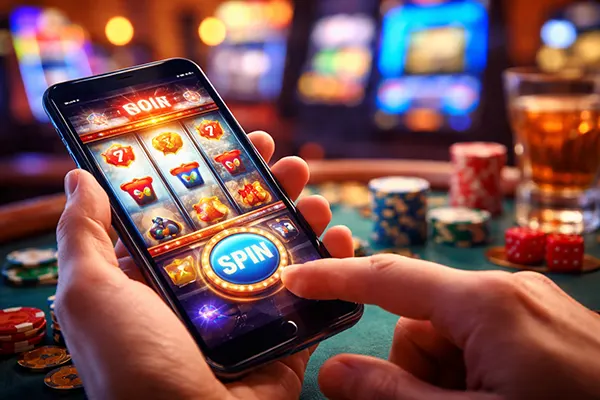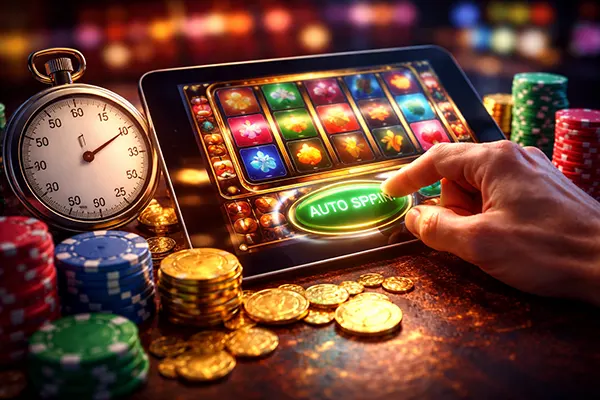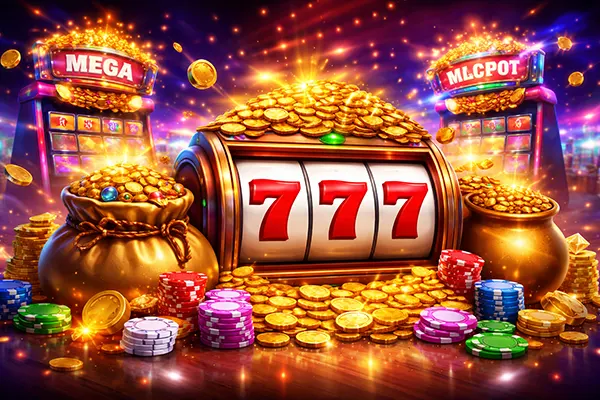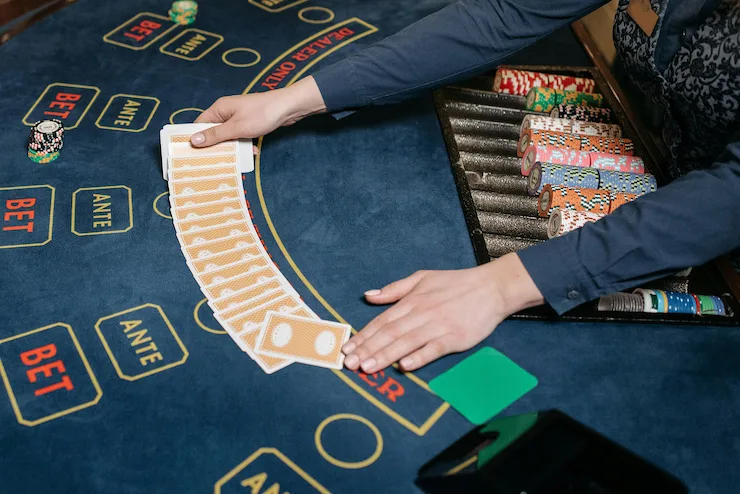
Guide to Winning at Baccarat
Baccarat stands out among casino games for its simplicity and fast pace, making it a favorite among gamblers worldwide. Originating in Italy or France during the Renaissance, the game has evolved into various forms, the most popular being Punto Banco. This version strips the game down to a pure guessing game, where outcomes are entirely based on chance. Players choose to bet on either the ‘Player’, ‘Banker’, or a tie, with the game’s objective being to guess which hand will end up with a value closest to nine.
The values in baccarat are unique, with face cards and tens valued at zero, aces at one, and other cards reflecting their numeric value. This scoring system is crucial in defining the fast-paced nature and unpredictability of the game, contributing to its thrilling reputation.
How to Play Baccarat: Rules and Gameplay
The basic rules of baccarat are straightforward. Two hands are dealt in each game: one for the ‘Player’ and one for the ‘Banker.’ Players do not receive individual cards; instead, they bet on which hand they believe will win. Each round starts with two cards dealt to both the Player and Banker. A third card may be dealt following specific rules, known as the tableau, which are automatically applied. The dealer handles all the actions according to these predetermined rules, which means players need only decide on their bet before the hand is played.
The winning hand is the one closest to a total of nine. In cases where the total exceeds nine, the value returns to zero, making baccarat unique and exciting. For example, a hand of seven and five totals 12, but in baccarat, this becomes two. Betting on the Banker involves a 5% commission but traditionally offers slightly better odds than betting on the Player, with both providing more favorable returns than a tie bet, which is statistically less likely to win.
Strategies for Winning at Baccarat
While baccarat is largely based on luck, strategic betting can enhance your winning odds. The most advocated strategy is betting on the Banker, due to the slightly better odds of winning compared to betting on the Player. Over the course of the game, this can statistically increase your chances of coming out ahead. Another strategy involves following the shoe, which means betting on the last winning side, adapting as the wins change from Player to Banker and vice versa.
Tips from Professional Players
Professional baccarat players often emphasize managing your bankroll wisely, suggesting that setting a clear budget and sticking to it can prevent significant losses. They recommend betting no more than 10% of your session bankroll on a single hand to sustain your play longer and avoid rapid depletion of funds.
Observing patterns, despite baccarat being a game of chance, can sometimes offer insights. Some players believe in spotting trends in the way the cards are appearing, although it’s important to remember that each deal is independent of the last. However, psychological comfort in spotting patterns can make the game more enjoyable.
Another tip from experts is to avoid the tie bet despite its attractive 8:1 payout. The house edge on tie bets is significantly higher, making it an unfavorable option statistically.
Lastly, professional players stress the importance of staying disciplined and calm, advising against chasing losses which can lead to hasty decisions and increased losses.
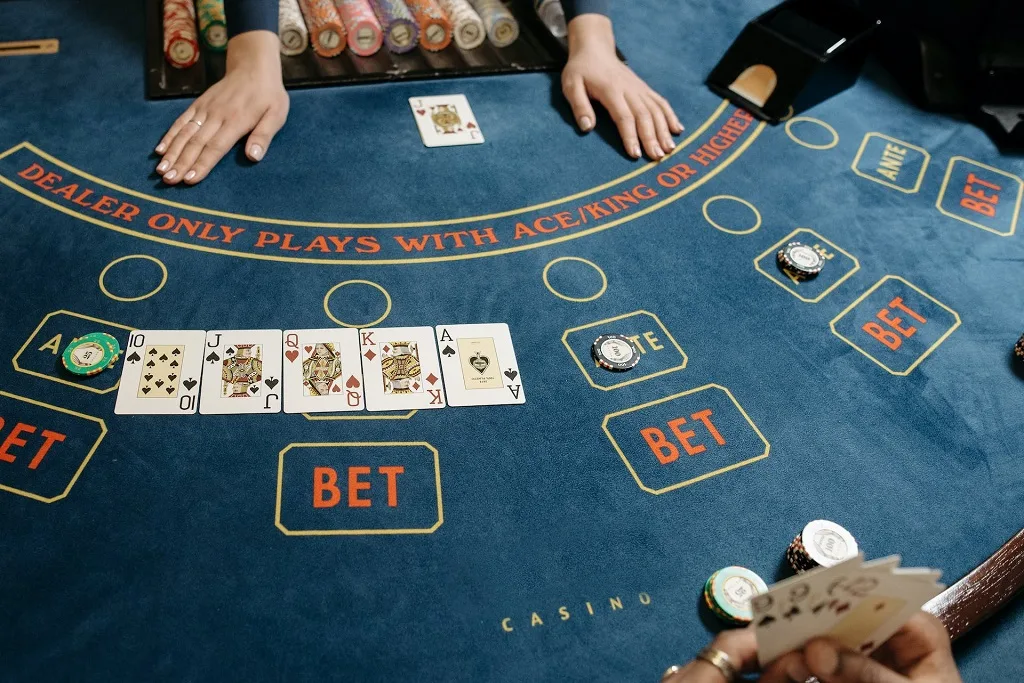
Real-Life Example of Baccarat Strategy
Consider a scenario where a player starts by betting on the Banker and continues to do so as the Banker wins three consecutive hands. According to the strategy of following the shoe, the player keeps betting on the Banker until the streak ends. When the Player wins, the player might switch bets following the winning outcome, or return to betting on the Banker after a single loss, depending on their risk tolerance and observation of any emerging patterns.
Such strategies, while not guaranteeing wins, aim to maximize the chances based on statistical trends and personal comfort with risk.
This method shows that strategic flexibility combined with a clear understanding of baccarat’s rules can potentially enhance one’s gameplay and enjoyment.
Effectiveness of Baccarat Strategies
While no baccarat strategy guarantees a win—given the game’s foundation in chance—the strategies mentioned can help manage your bets and extend your playing time. The key is understanding that strategies need to be flexible and adapted to the flow of the game. Players who learn to manage their bankroll and bets effectively often find baccarat to be more rewarding.
Ultimately, the effectiveness of these strategies will depend on individual implementation and the inherent variability of the game. Engaging in baccarat with a mindset prepared for any outcome, equipped with strategies, can lead to a more controlled and potentially rewarding experience.
It’s essential to approach baccarat with realistic expectations, focusing on the enjoyment of the game and the thrill of the play, rather than the pursuit of guaranteed wins.

